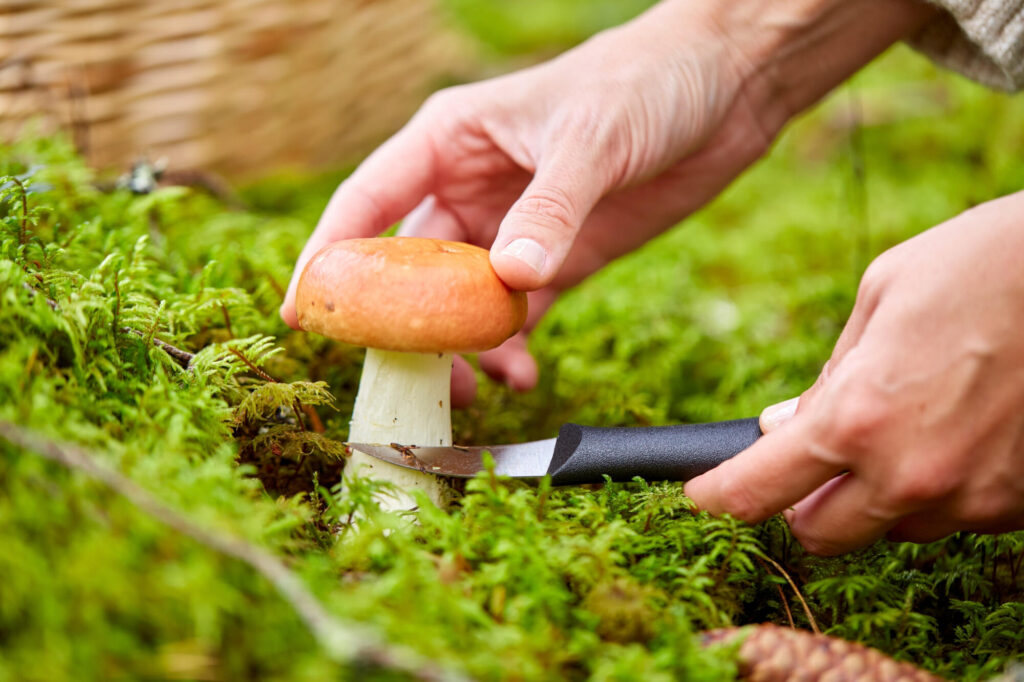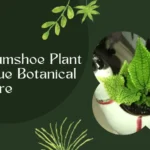Mushrooms in your outdoor garden could be the secret ingredient to healthier soil and more bountiful harvests. For those familiar with the rise of organic gardening, mushrooms represent an exciting frontier.
Often overlooked, these fungi are more than just a tasty addition to your meals. They play a crucial role in the ecosystem. They break down organic matter and contributing to the health of garden soil.
This blog post will explore the benefits of integrating mushrooms into your outdoor garden. We’ll share some best practices for growing mushrooms naturally.
Read on!
Choose the Right Mushroom Species
There are thousands of mushroom species in the world, but not all of them are suitable for your garden. When selecting a type of mushroom to grow, consider your local climate and soil conditions. Some mushrooms thrive in warm weather, while others prefer cool and moist environments. It’s also essential to research the specific needs and growth patterns of different species.
By doing so, you can ensure that the mushrooms you choose will not only survive but also thrive in your garden. Some popular mushroom species for home gardens include shiitake, oyster, and lion’s mane.
Provide Proper Growing Conditions
Mushrooms require specific growing conditions to thrive. They need a moist and dark environment, making them perfect for outdoor gardens with ample shade. Consider adding a layer of mulch or straw over the mushroom bed to retain moisture and regulate temperature.
It’s also important to keep an eye on the pH level of your soil. Most mushrooms prefer slightly acidic soil (around 6.5-7 pH). You can test the pH level of your soil using a simple DIY kit and adjust it accordingly by adding natural amendments like compost or coffee grounds.
By doing so, you can ensure that your mushrooms have the right conditions to grow and produce a bountiful harvest.
Use Organic Substrates
Instead of using traditional fertilizers, consider using organic substrates to nourish your mushroom beds. These can include compost, manure, or even coffee grounds. Not only do these natural materials provide nutrients for the mushrooms, but they also help improve the overall health of your soil.
Using organic substrates also helps promote a healthy ecosystem in your garden by avoiding harmful chemicals and pesticides often found in traditional fertilizers.
Inoculate Your Soil
Inoculation is the process of introducing mushroom spores or spawn into your soil. This helps kickstart the growth process and ensures that your mushrooms have a strong foundation to grow from.
You can purchase mushroom spawn from organic mushroom gardening stores or online, and it’s important to choose a high-quality product. Make sure to carefully follow the instructions for inoculating your soil, as each species may have different requirements. Some all in one mushroom grow bags and kits are also available for beginners.
By doing so, you can ensure that your mushrooms have a strong start and will continue to thrive in your garden. This also helps to establish a healthy mycorrhizal network in your soil, which can benefit other plants in your garden as well.
Integrate Mushrooms into Your Outdoor Garden
Incorporating mushrooms into your outdoor garden can bring numerous benefits. Not only do they add a unique and delicious ingredient to your meals. They also contribute to the health of your soil and promote a healthy ecosystem.
By these best practices, you can ensure that your mushrooms will thrive in your garden. So why not give it a try and see for yourself how these magical fungi can enhance your gardening experience?
To read more, you can check out our blog page. We do have more!







